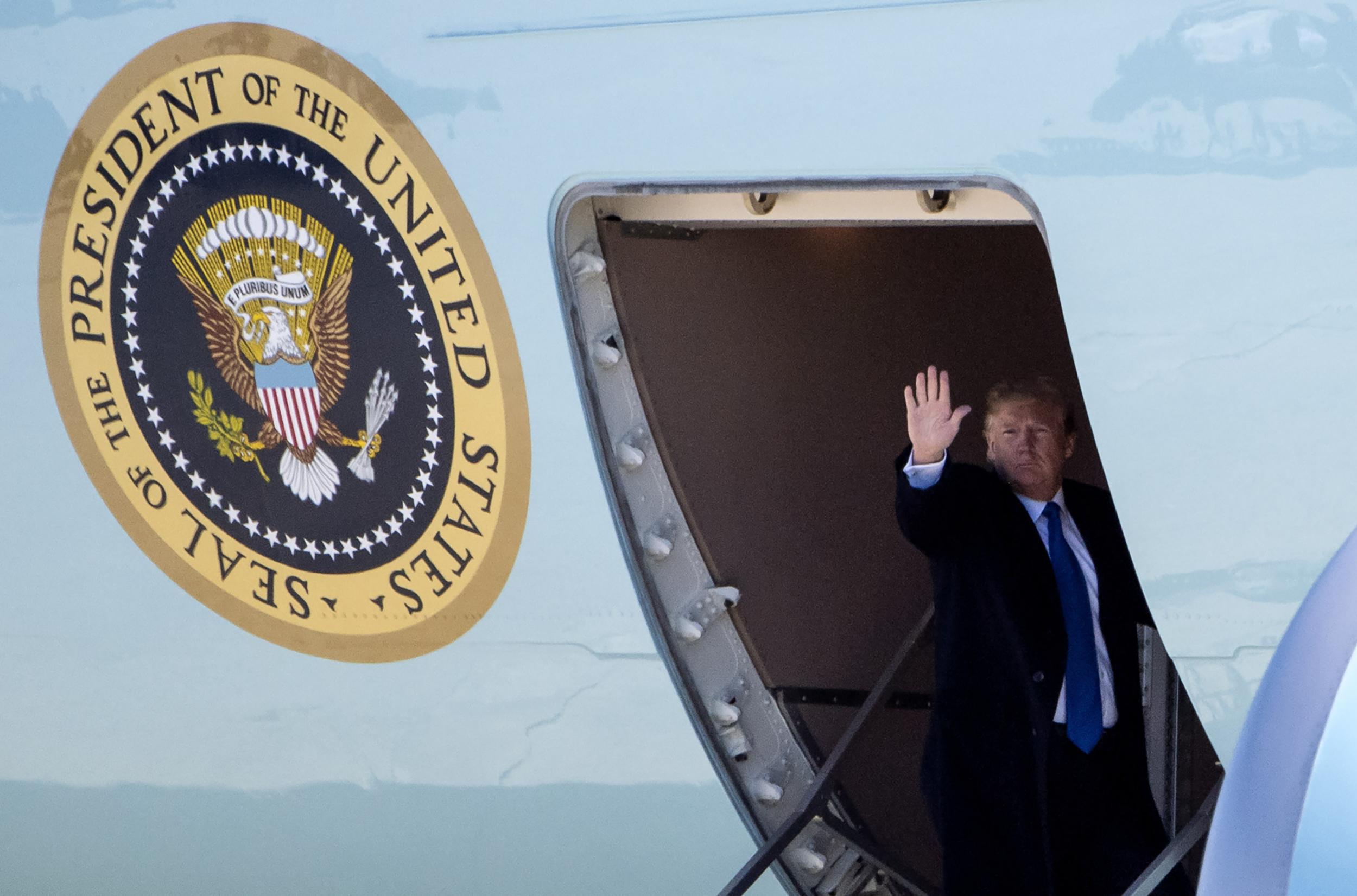Trump's plan to withdraw from Open Skies treaty 'would only benefit Russia'
One former diplomat says: 'Sometimes the only way to explain/predict Trump's foreign policy is to think "what would Putin want the US to do?"'

The Trump administration’s reported plans to withdraw from the Open Skies Treaty, which permits signatory nations to conduct unarmed surveillance flights over each other's territory, is being widely criticised as another pro-Russia move.
On Monday, representative Eliot Engel, a Democrat from New York who chairs the House committee on foreign affairs, sent a letter to Robert O’Brien, Donald Trump’s national security advisor, warning against the plan.
Mr Engel wrote that "withdrawal would only benefit Russia and be harmful to our allies' and partners' national security interests".
Russia and the US have both claimed that the other country is restricting flights with the treaty, creating tension.
Supporters of the treaty are concerned that the Trump administration’s withdrawal could further complicate an increasingly bizarre diplomatic relationship between the US and Russia.
Thirty-four states, including the US, Russia, and Ukraine, are signed to the treaty, which came into effect in 2002. Mr Engel’s letter asserted that the current administration had not spoken with other leaders about the US’s withdrawal.
“To my knowledge, the Administration has not held significant consultations with our allies and partners on this matter. Such consultations are a prerequisite to successfully navigate any major policy shift with the Treaty,” he wrote.
“Make no mistake, Congress is aware of some treaty implementation concerns regarding Russia,” the letter continued. “Russia continues to operate in unexpected ways … the United States should prepare for the challenge that Russia presents – not abandon mechanisms that provide the United States with an important tool in maintaining surveillance on Russia.”
On Twitter, former diplomats added their voices, including Ben Rhodes, deputy national security advisor to former president Barack Obama, who wrote that "Sometimes the only way to explain/predict Trump's foreign policy is to think 'what would Putin want the US to do?'"
Join our commenting forum
Join thought-provoking conversations, follow other Independent readers and see their replies
Comments